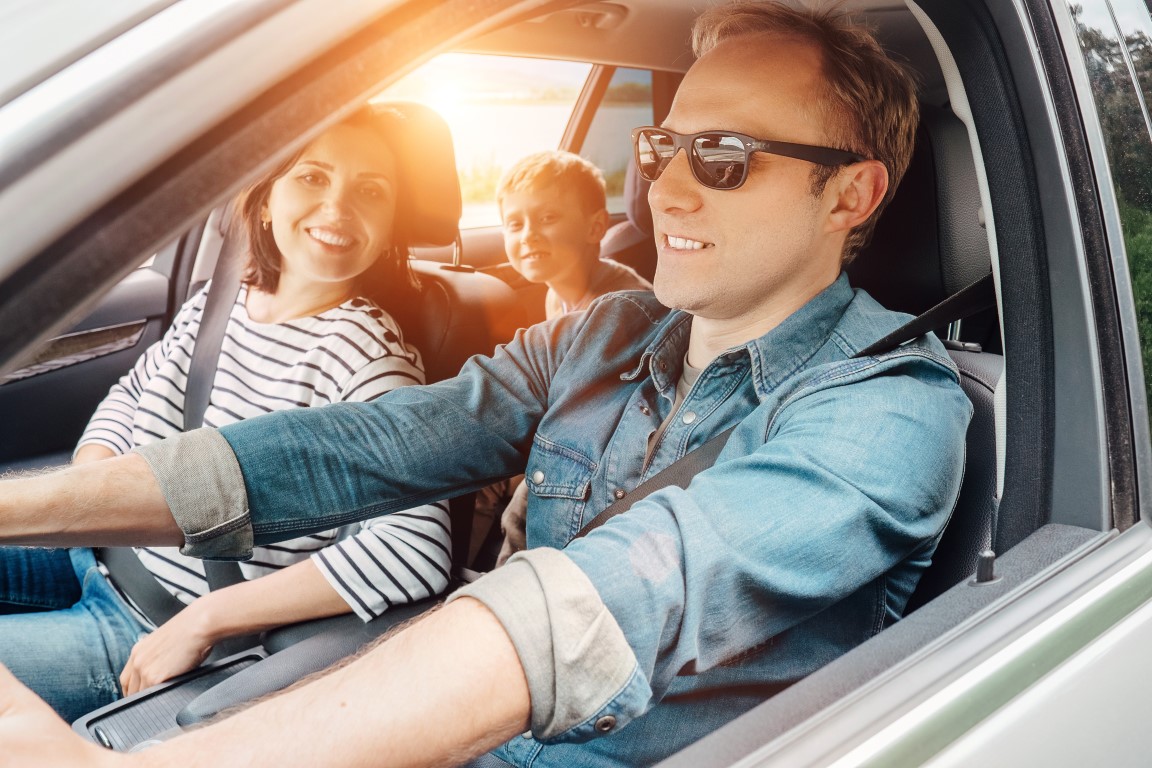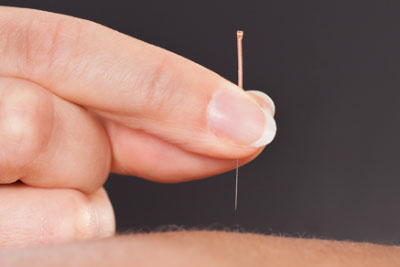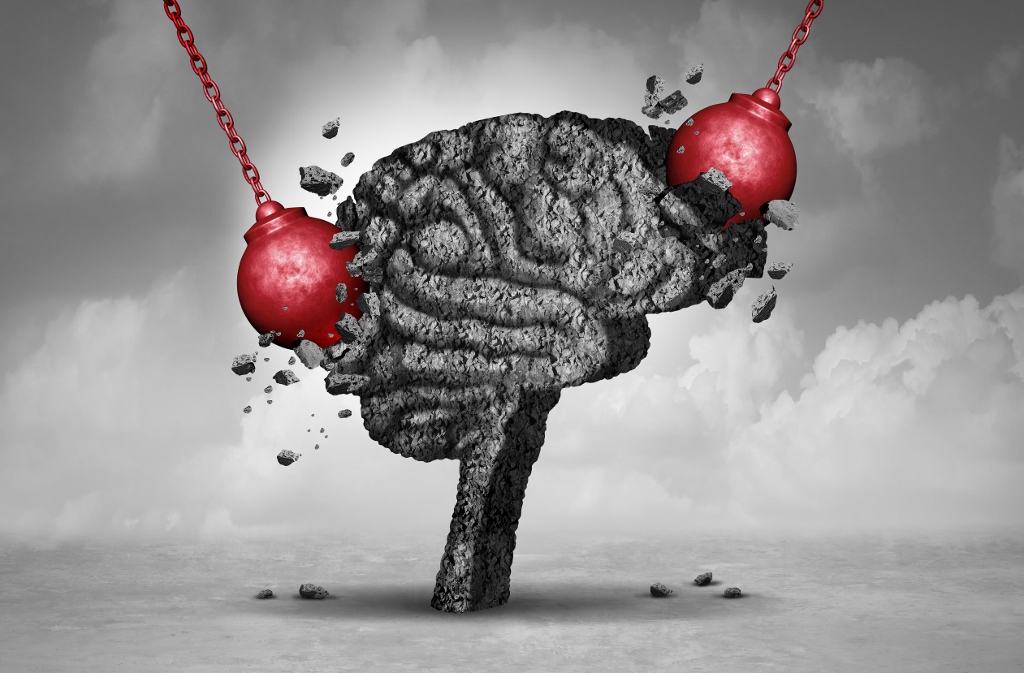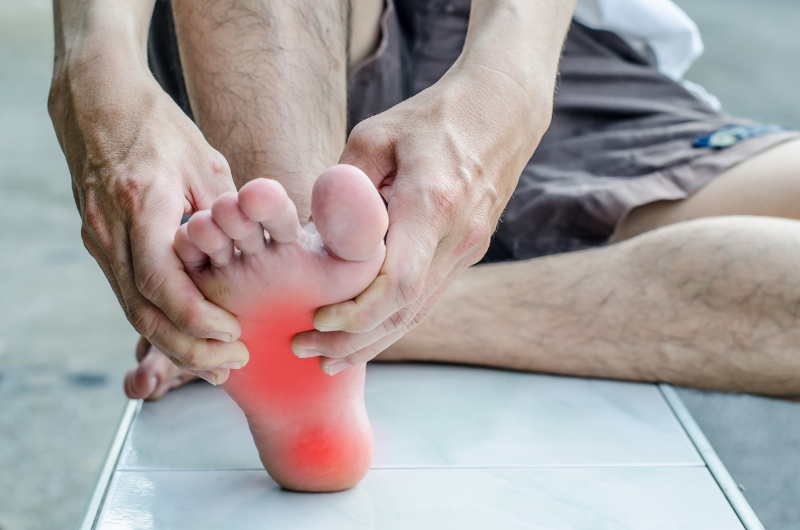Travelling is one of life’s many enjoyments. For many it is what they work towards each year, and it brings them adventure and memories they will have for a lifetime. But travelling in a car or plane for long hours can make anyone sore and especially for those travelling with injuries, it can be a nightmare. Being prepared for your next trip is the key to a pain free successful excursion.
Getting There
Keeping your spine in good alignment is important when you travel. If you are in a plane, the cabin pressure can cause your back to ache due to mild swelling in the lumbar discs. Or if you are travelling in a car, the vibration alone can create some back soreness. A lumbar roll or extra pillow slipped behind your back can keep your spine in neutral and reduce the strain. Adjust your seat in the car so that you are close to the steering wheel and your knees are a little above your hips. If you are a passenger, feel free to adjust your seat frequently. A cervical pillow helps keep your neck in a good position as well, and stops that embarrassing head bobble when you drift off to sleep. Believe me, you can give yourself whiplash if you are not careful.
Give yourself time for breaks if you are driving. Getting out of the car, for only a minute can make an enormous difference in your comfort over the long haul. Our bodies need to move in order to stay limber, and when we don’t, we begin to feel stiff. If driving, move your hands into different positions to reduce the muscle tightness in your neck. If travelling in a plane, try to get an aisle seat, so you can get up and move around. Stand in the aisle and do some back extensions to help reverse the curve of sitting and lubricate those discs. Pump your ankles and feet to help your circulation and increase blood flow through your whole body. Remember to wear comfortable clothing, so that you can do a few stretches when you are gassing your car up, or waiting for your plane.
Travel Light
How many times do we over pack! Lugging all those extra clothes and shoes around from one venue to the next just puts extra strain on your joints and muscles. The new bags with 4 wheels are much better and reduce the amount of lifting required, but they still need to be put onto baggage carriages, dragged up and down stairs, and pulled up and down long ramps. If you are not use to these awkward positions, it can be extremely hard on the arms and back. Often the simple answer is to just pack less!
Stay Hydrated
It is important to keep hydrated before, during and after long trips. Dehydration can cause muscle cramps, and tightness, so be sure to have easy access to water at all times.
Travelling with an injury
If you are travelling with a previous injury that you have been rehabilitating, ask your health care provider, what specific exercises you can do while on your trip. If you require specific stretches, you can use your luggage strap to get the best mobility out of the muscle. A piece of theraband can be tucked away in your bag and keep you strong, if you don’t have access to weights. Don’t put your injury on holiday, and try to be proactive while you are away.
Being Prepared before your next trip, will increase your enjoyment and help reduce travel soreness.
SAFE TRAVELS






